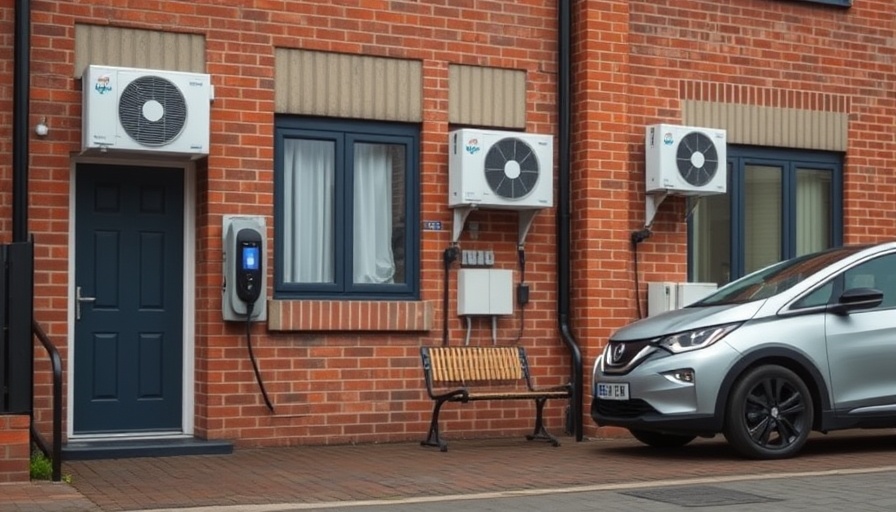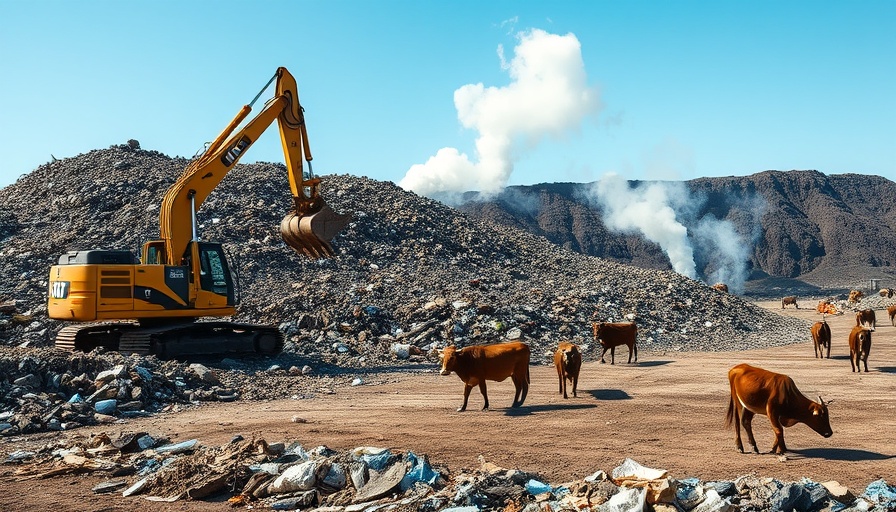
UK Leads in Electric Vehicle and Heat Pump Sales
Recent insights from the Climate Change Committee (CCC) reveal that the UK is making notable strides in its efforts to cut emissions. With electric vehicle (EV) and heat pump sales soaring, the country is on course to meet its ambitious climate targets. Reports indicate that EV market share has risen to nearly 20% and heat pump installations have increased by 56% in just one year. This growth reflects the UK's commitment to achieving a 68% reduction in emissions by 2030 compared to 1990 levels as part of broader efforts that include reaching net-zero emissions by 2050.
The Government’s Role in Ensuring Accessibility
Despite the encouraging statistics, CCC officials stress that ongoing government action is crucial for sustaining and accelerating the transition to clean energy. Emma Pinchbeck, CCC's CEO, highlighted that while progress has been made, reducing electricity costs is essential for making green technology more available. The UK government has implemented policies aimed at minimizing barriers to expanding renewable energy, including setting 2030 as a deadline for phasing out new gas- and diesel-powered vehicles.
The Importance of Affordable Clean Energy
The rising costs of electricity and the initial investment in electric vehicles and heat pumps remain significant barriers for many potential adopters, particularly in residential sectors. As highlighted by CCC Chair Piers Forster, the focus should remain on transitioning from fossil fuels to affordable, renewable energy sources. The government’s recent initiatives to lower energy costs for businesses are a step in the right direction, but household accessibility must also be prioritized.
Looking Ahead: The Future of Energy Transition
As California homeowners consider adopting similar clean energy strategies, understanding the UK’s advancements can provide valuable insights. The CCC emphasizes that actions like banning gas in new construction and decarbonizing public sector buildings are vital steps in achieving a cleaner energy future. For California’s diverse population, taking notice of legislative changes and available incentives can significantly influence decisions on energy-efficient home improvements.
With ongoing climate challenges, the messages from across the pond resonate powerfully. The call to transition to cheap, clean electricity is not just an environmental imperative—it's a path toward sustainable living that homeowners can embrace today.
 Add Row
Add Row  Add
Add 




Write A Comment